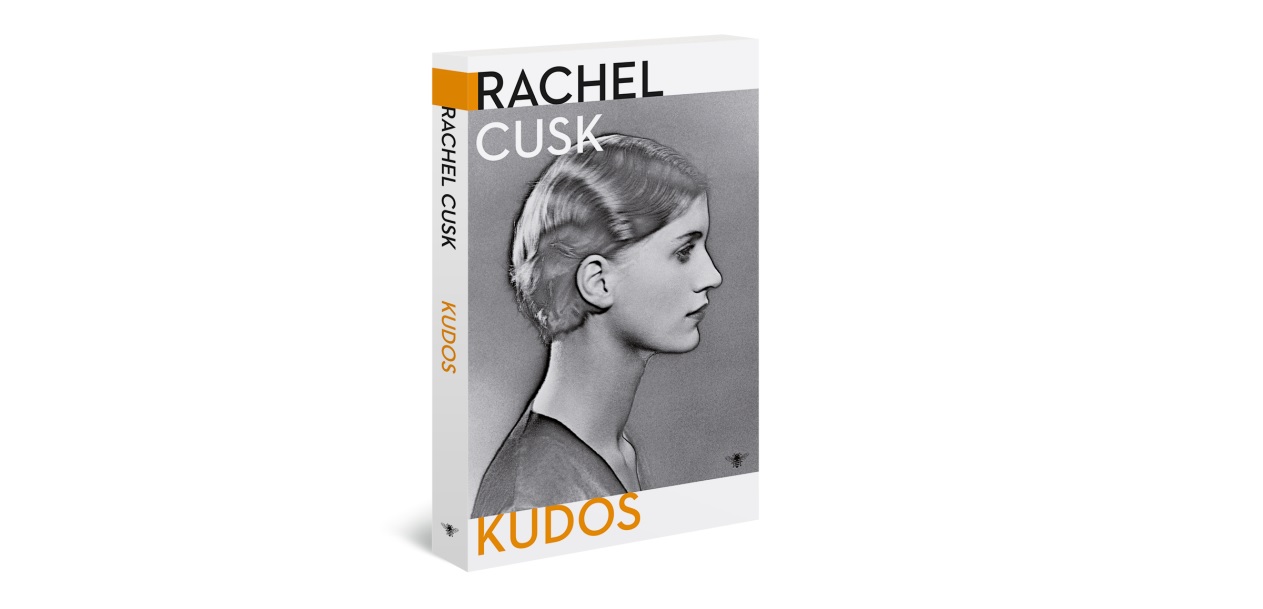
“You are nothing like your photograph!” exclaims the narrator’s publisher as she arrives at an unnamed literary conference in Germany. Her version of extreme skepticism holds women’s pain up to the light like a prism, turning questions of motherhood and personal beauty this way and that, refracting sadness and ultimately proving-through dialogues about literary elitism, cruel husbands, and the superficiality of success-that none of us are in control of our destinies. To top it off, she one-ups Nietzsche’s nihilism by writing from a point of view that is viciously attuned to the feminine experience. All the more so because she has achieved this sinister brilliance in the same convention-breaking form and style that recently won her a Guggenheim. Cusk’s ability to twist this knife is terrifying. It is like a murderer saying “kudos” before pushing you off a cliff. In fact, the title is so slyly cynical- Kudos ! (Chef’s kiss! Congratulations! Applause!)-I feel slapped by its subtle falseness. Kudos, the last installment of her much–talked about trilogy, which began with Outline and Transit, has a deceptively celebratory title. I have a hunch that Cusk admires Nietzsche’s brand of nihilism, too, because there is a lot of it in her new novel, Kudos.

I won’t bog you down with pedantics, but nihilism is basically an aesthetic theory of extreme skepticism, in which life is meaningless and free will does not exist.

I am here to assure you, though: Rachel Cusk can handle it.Ĭusk’s remarkable grit can be explained, at least in part, by German philosophy-particularly the nihilism of Friedrich Nietzsche. It was the most thrilling literary takedown in Britain, and for readers who have a taste for this kind of bloodsport, it was memorable. In 2013, Rachel Cusk became the subject of a book review so scathing, The Guardian declared it “Hatchet Job of the Year.” The review torched Cusk as “a brittle little dominatrix” and a “peerless narcissist” among other cutting excoriations.


 0 kommentar(er)
0 kommentar(er)
